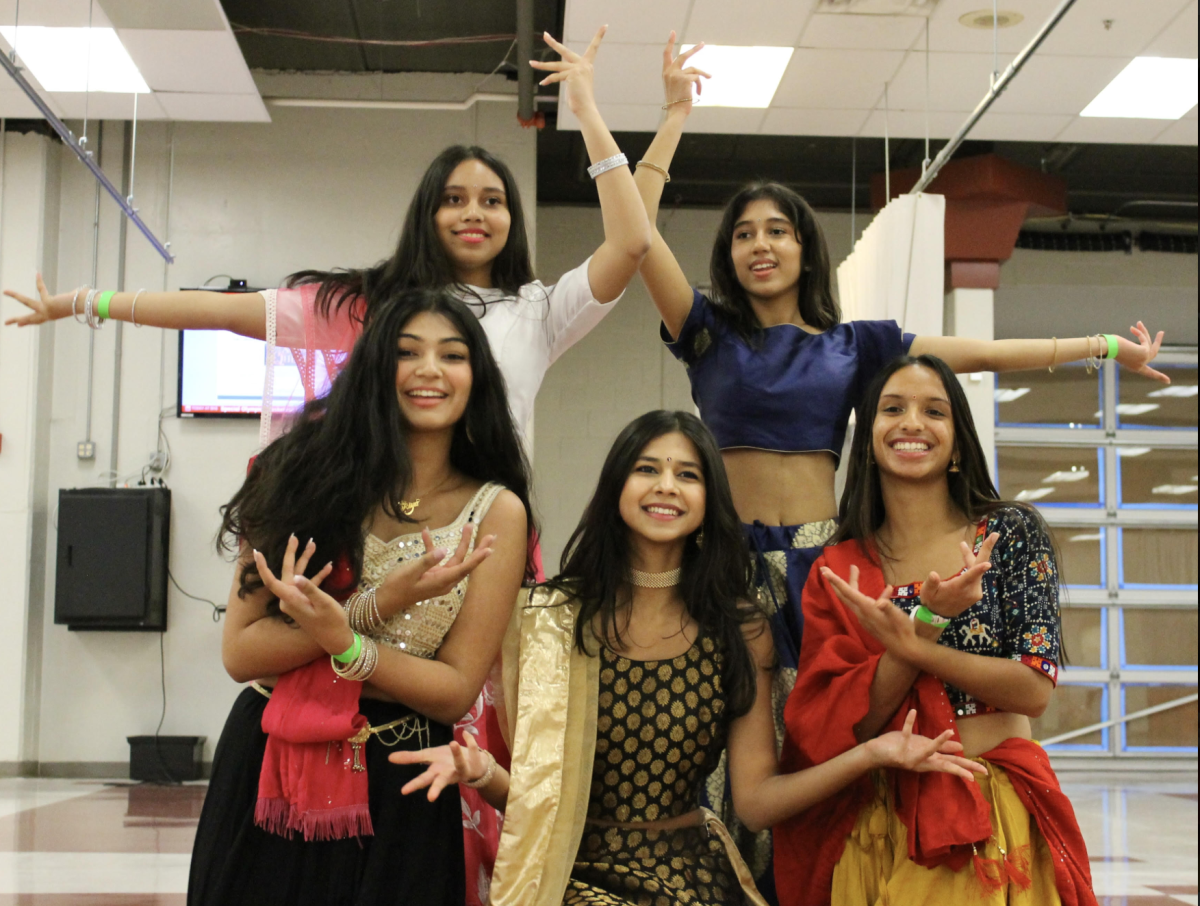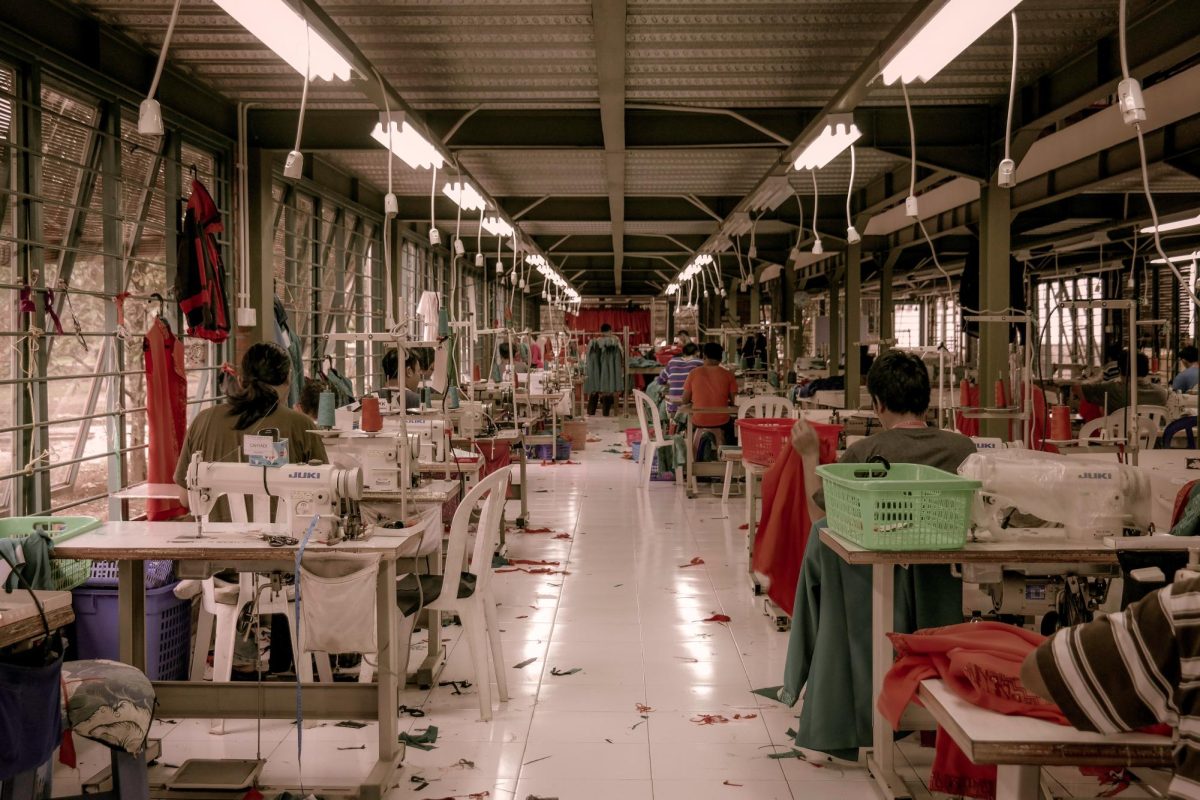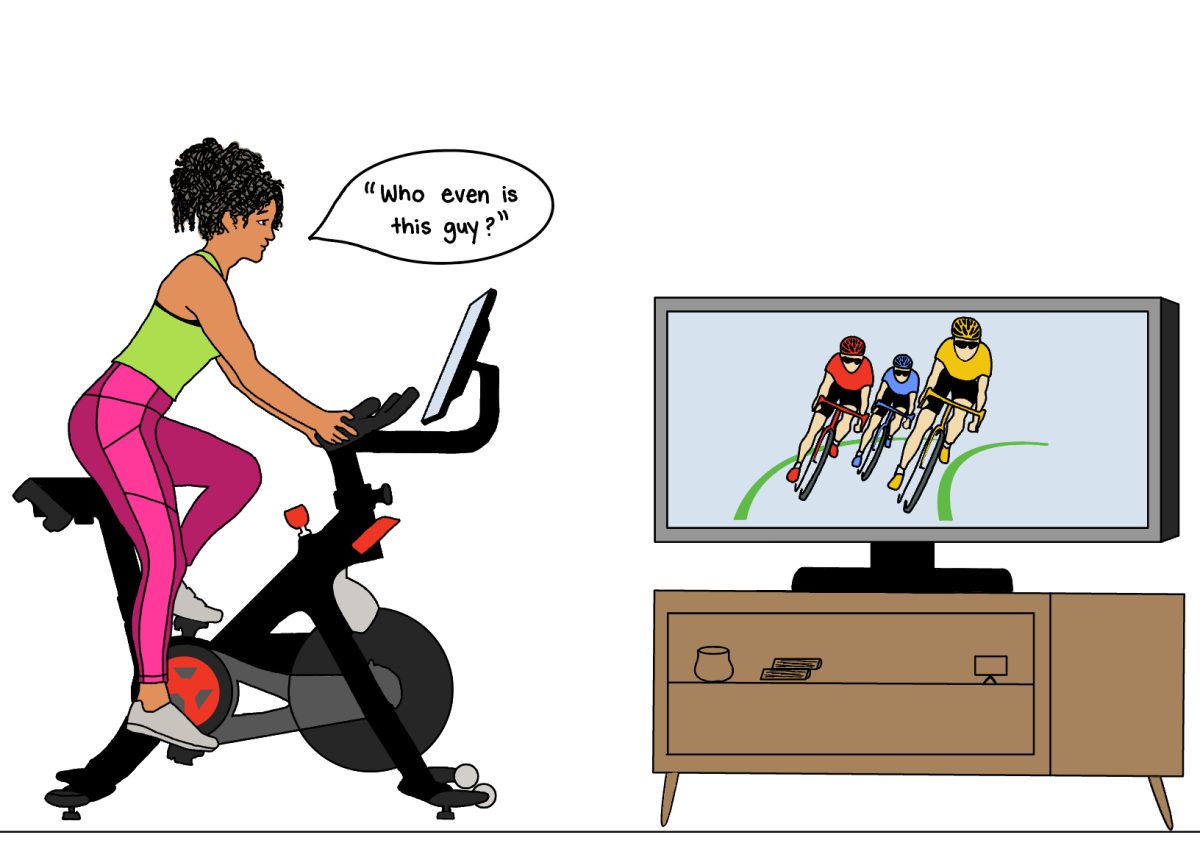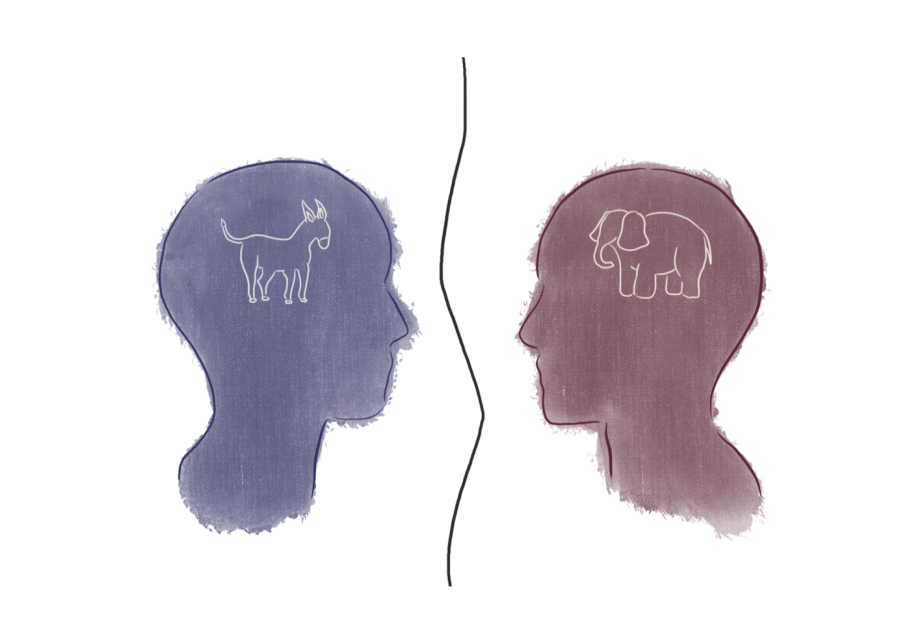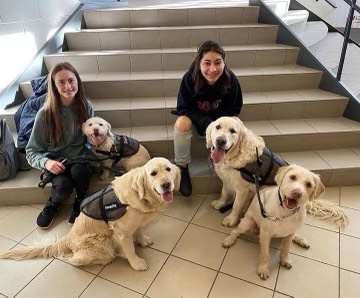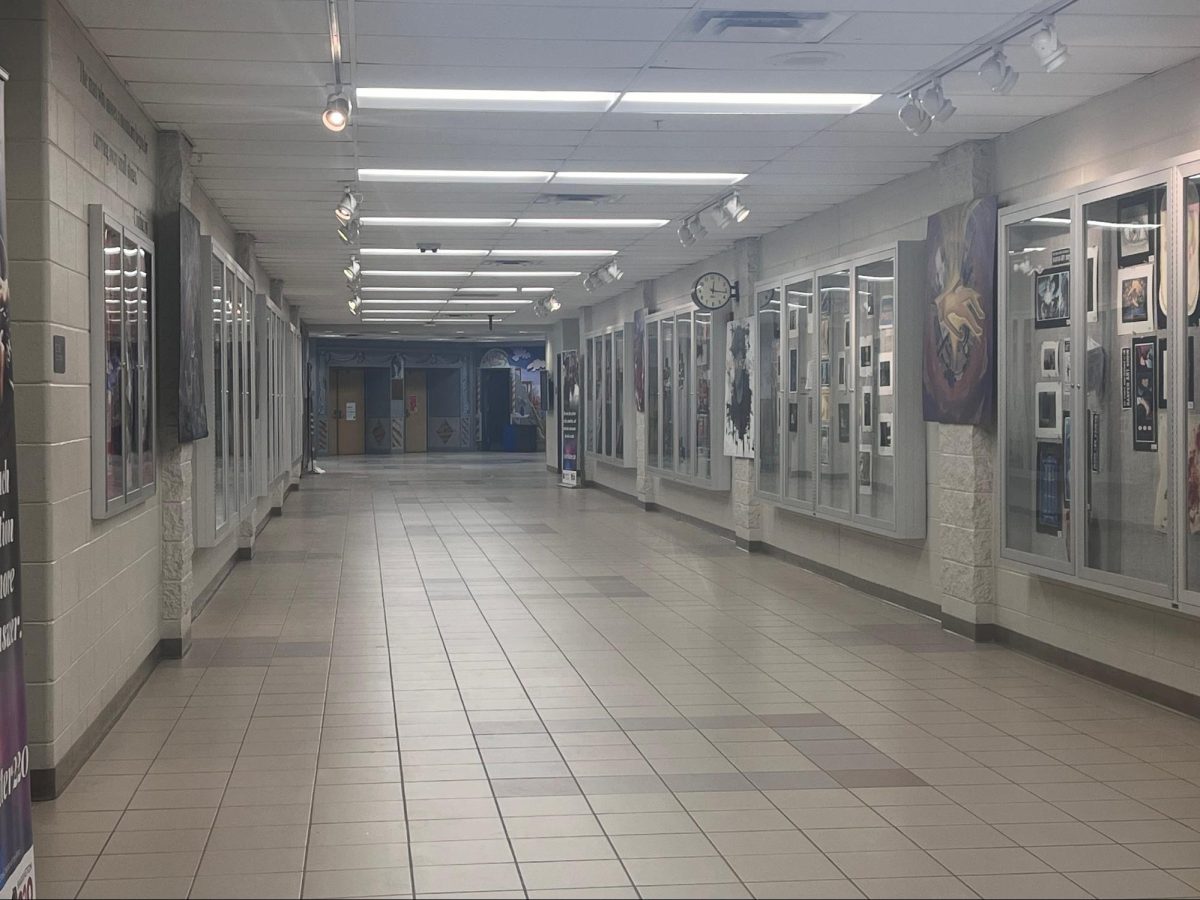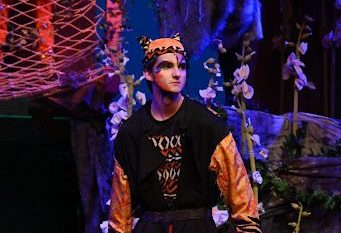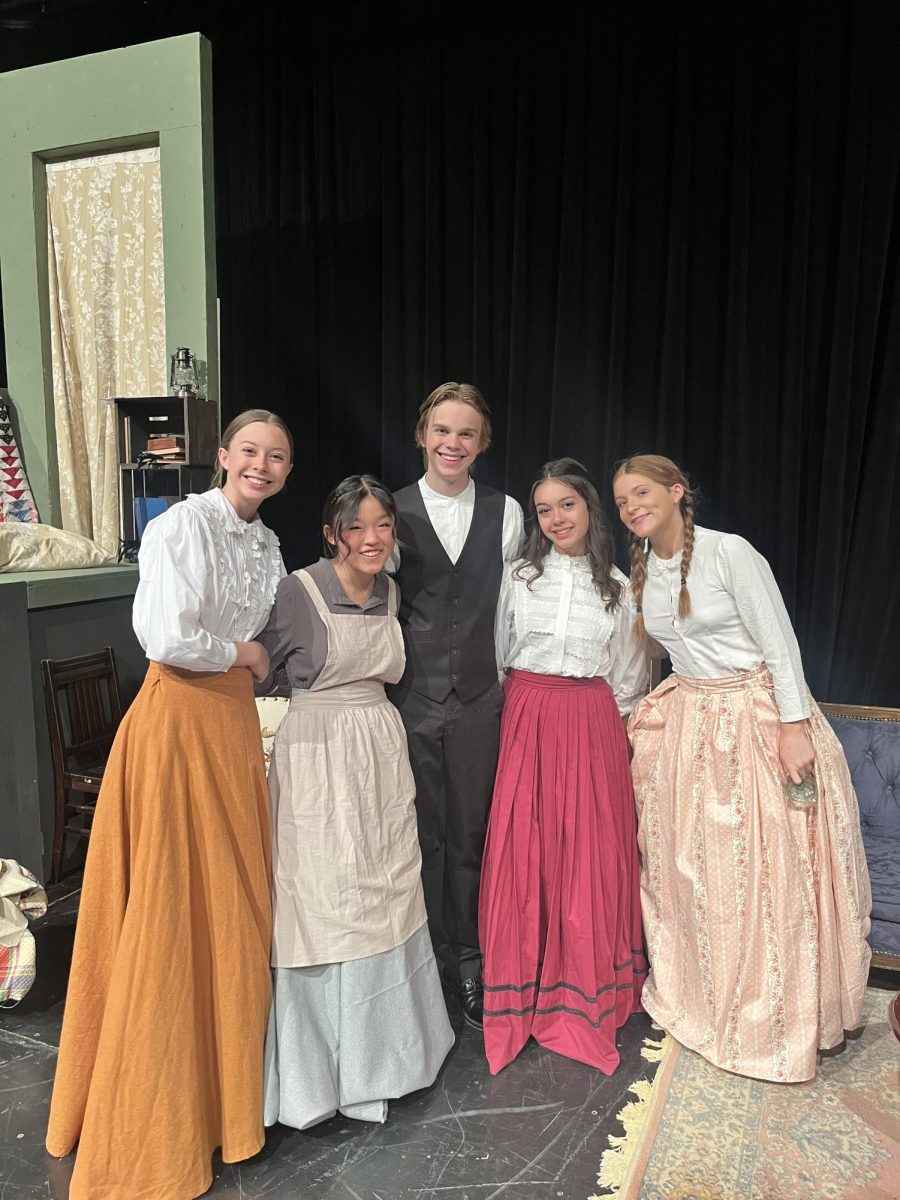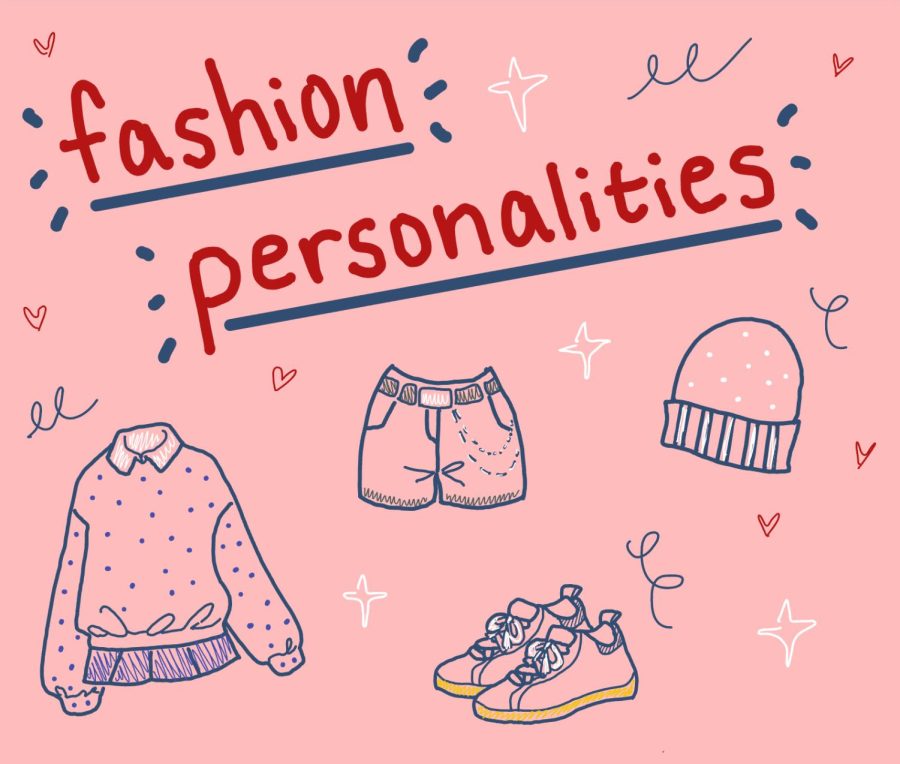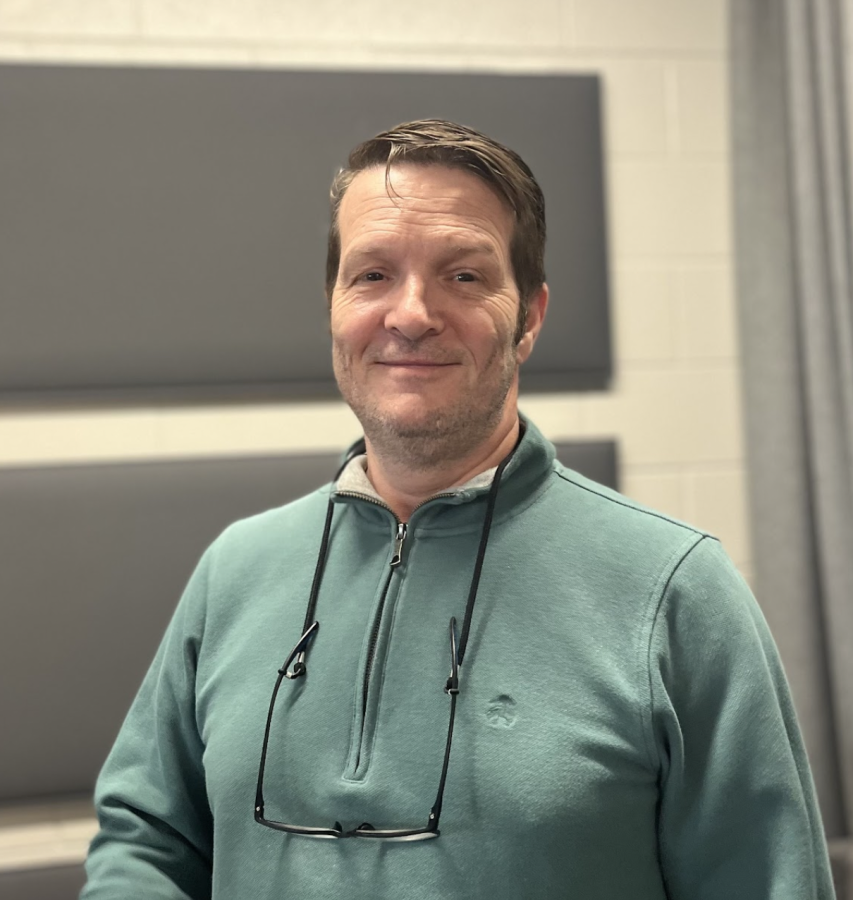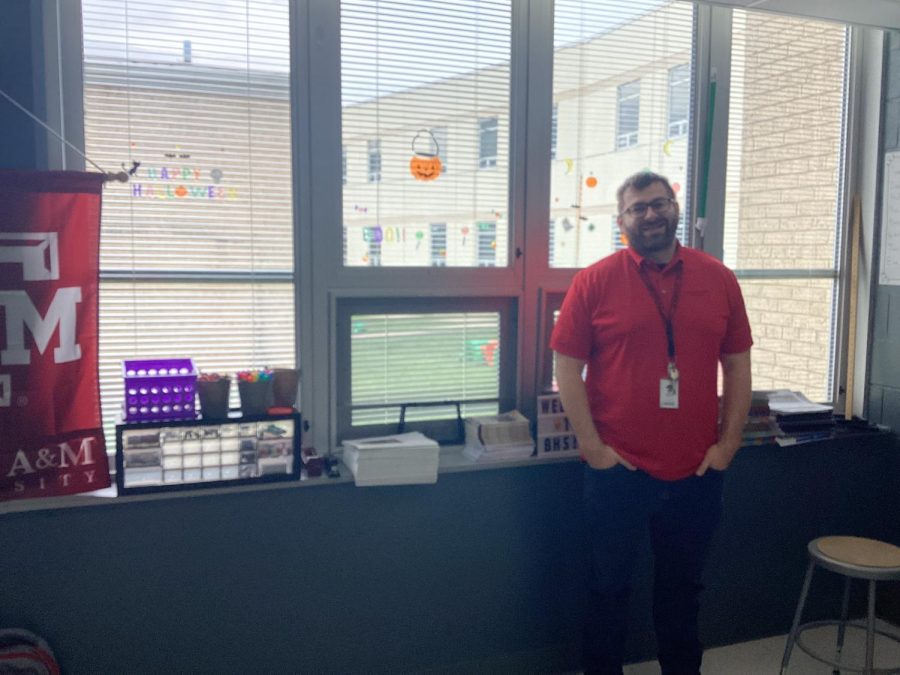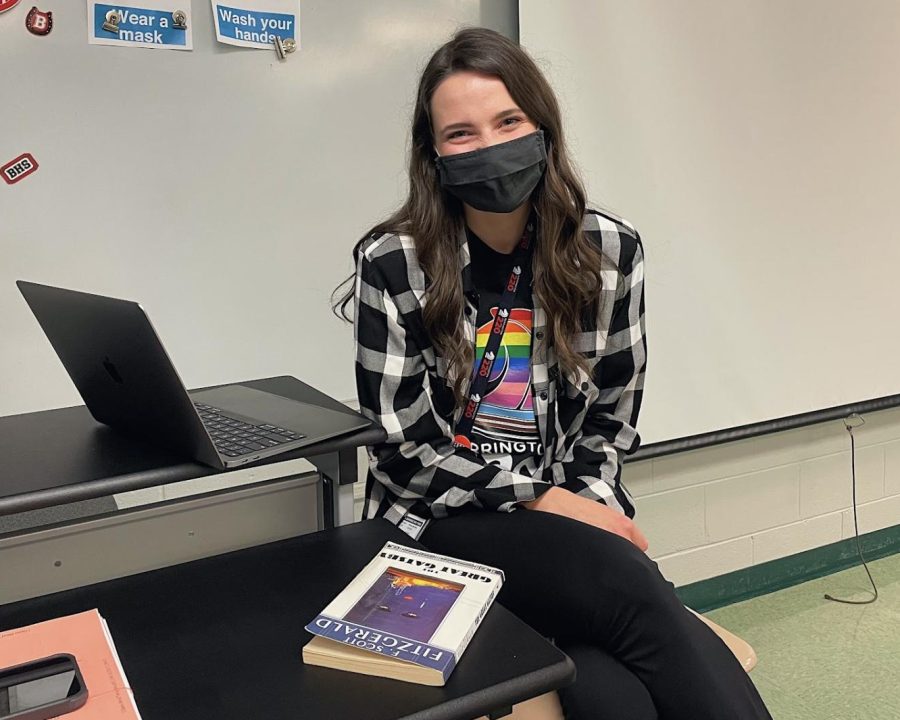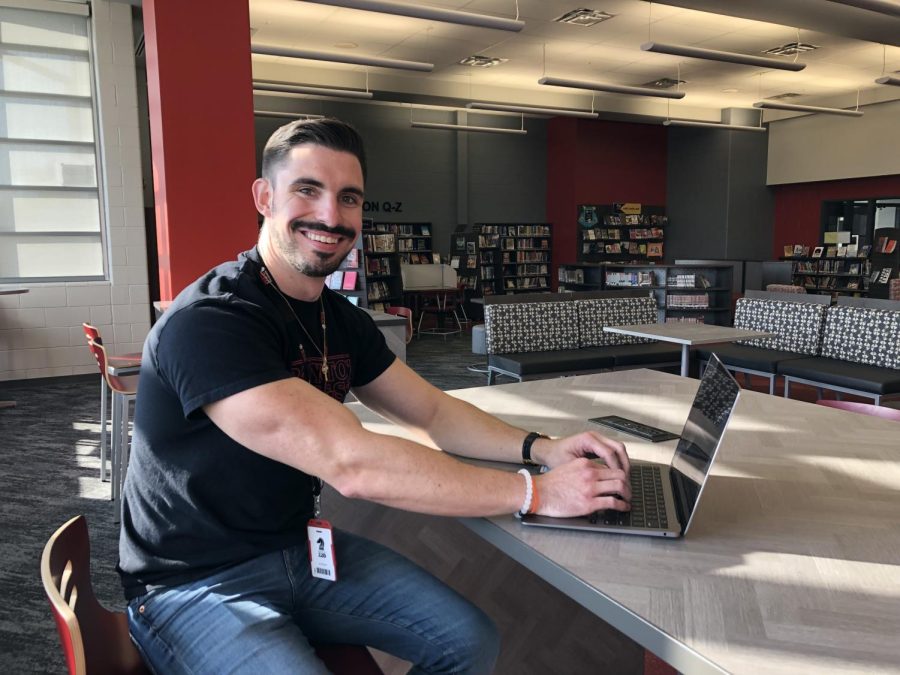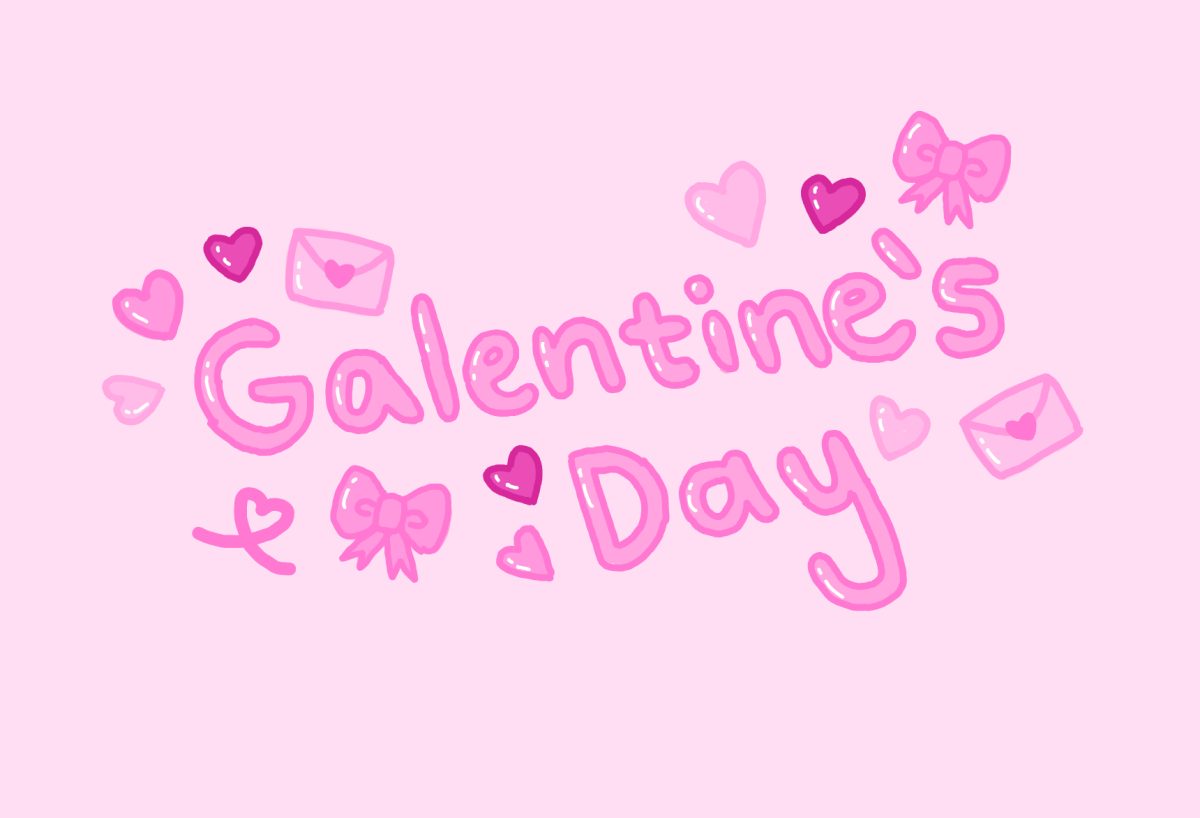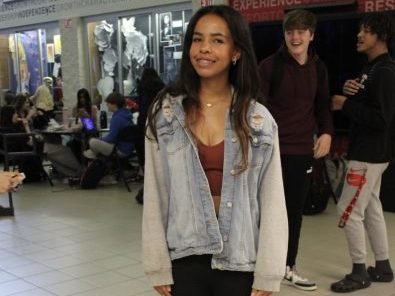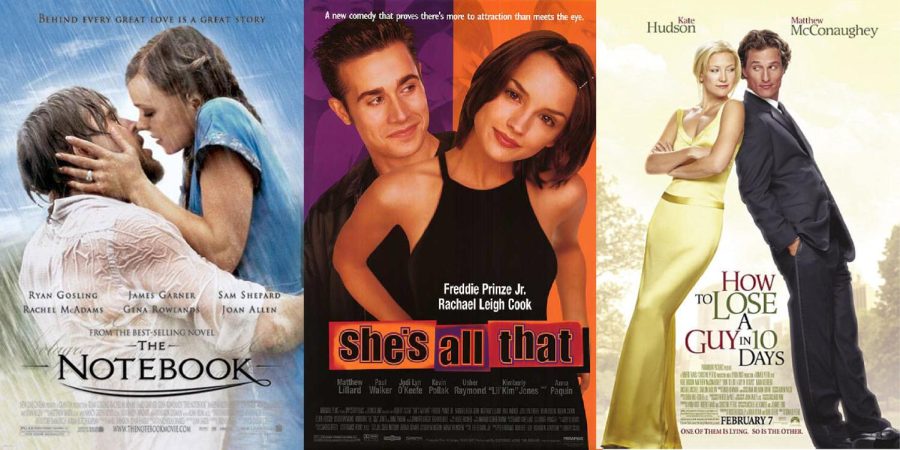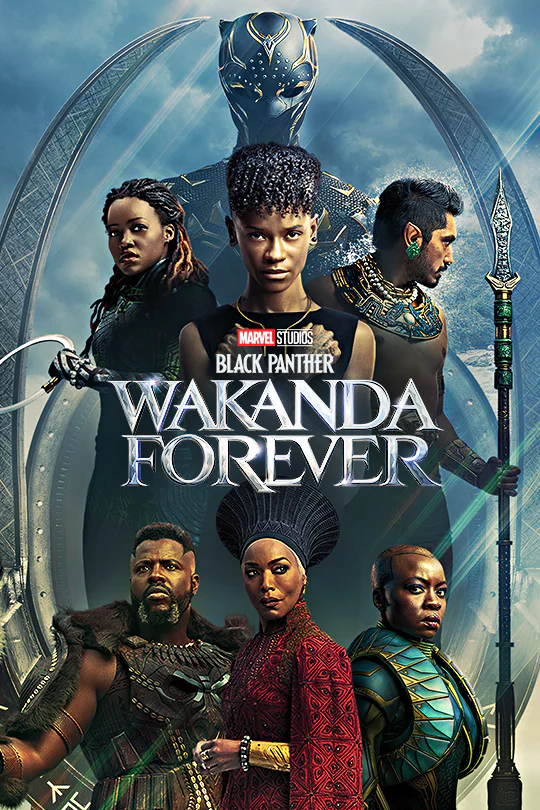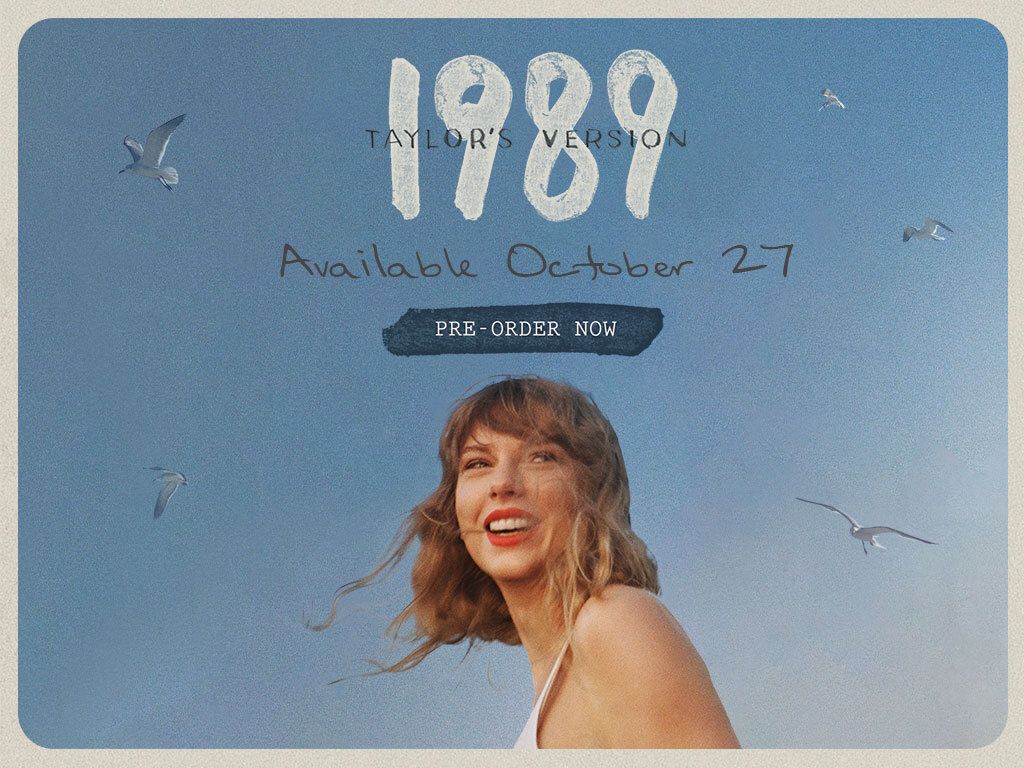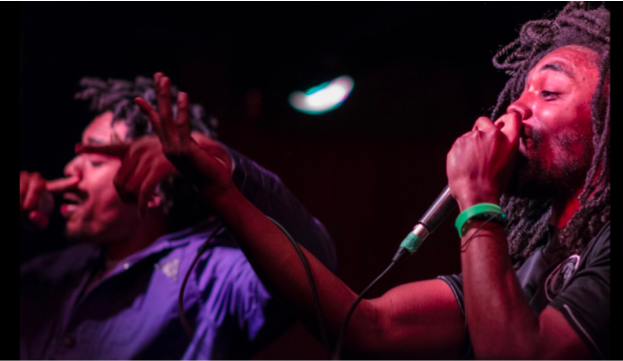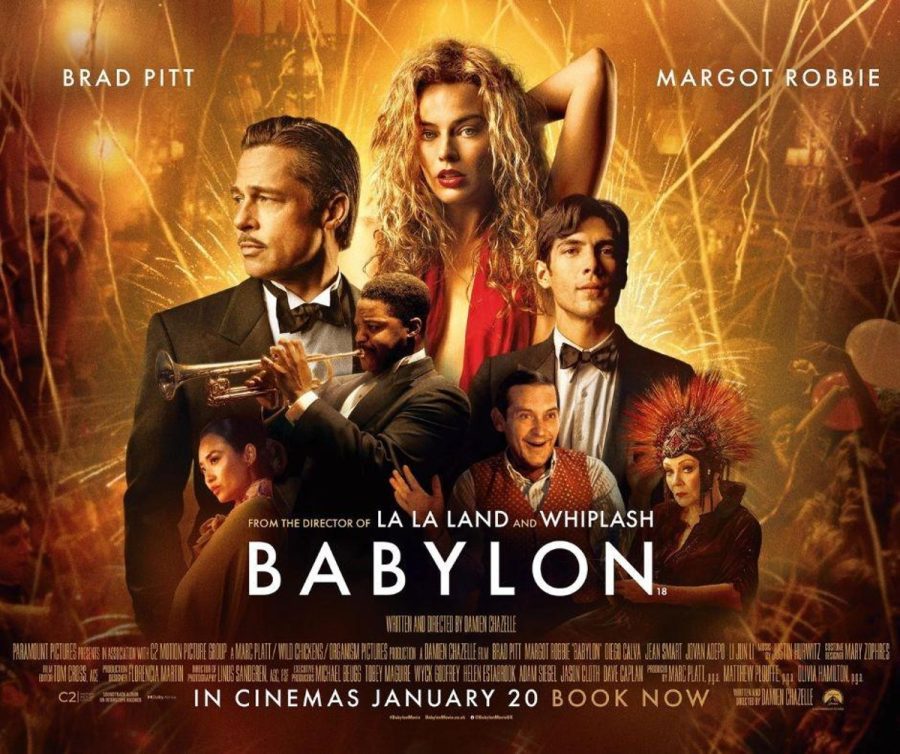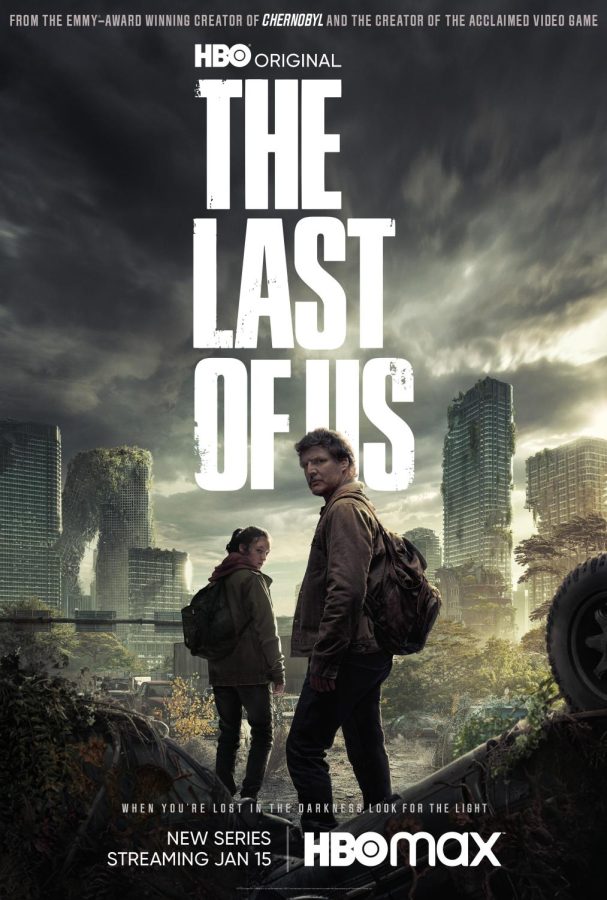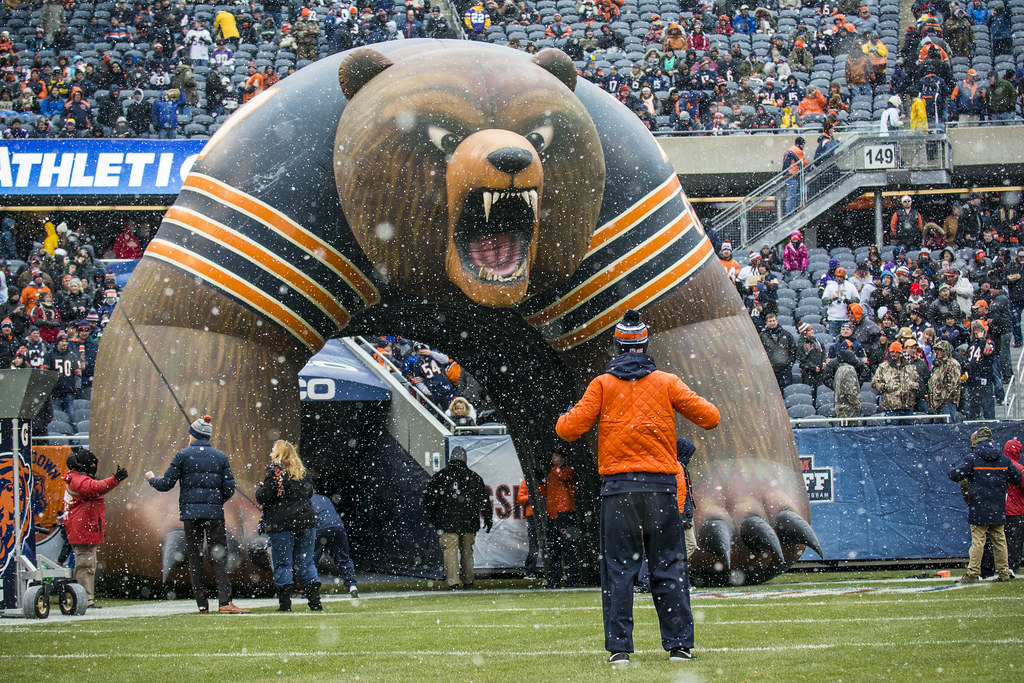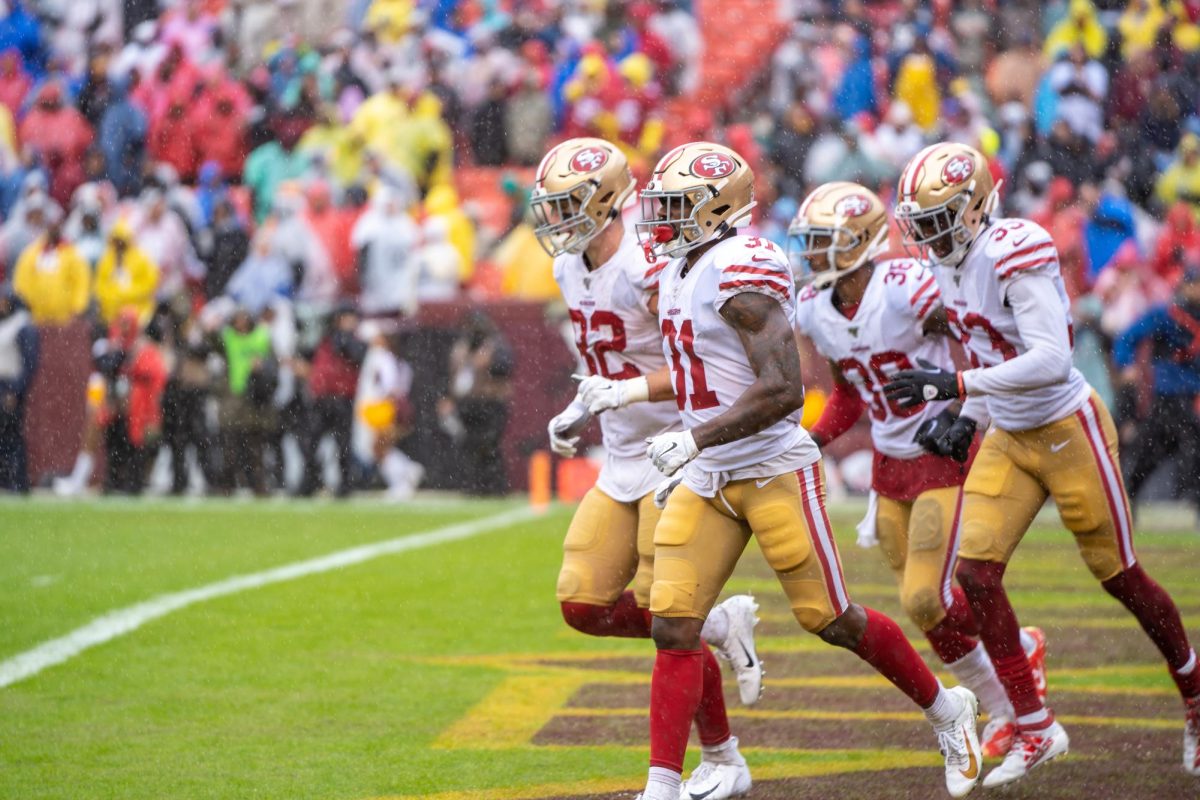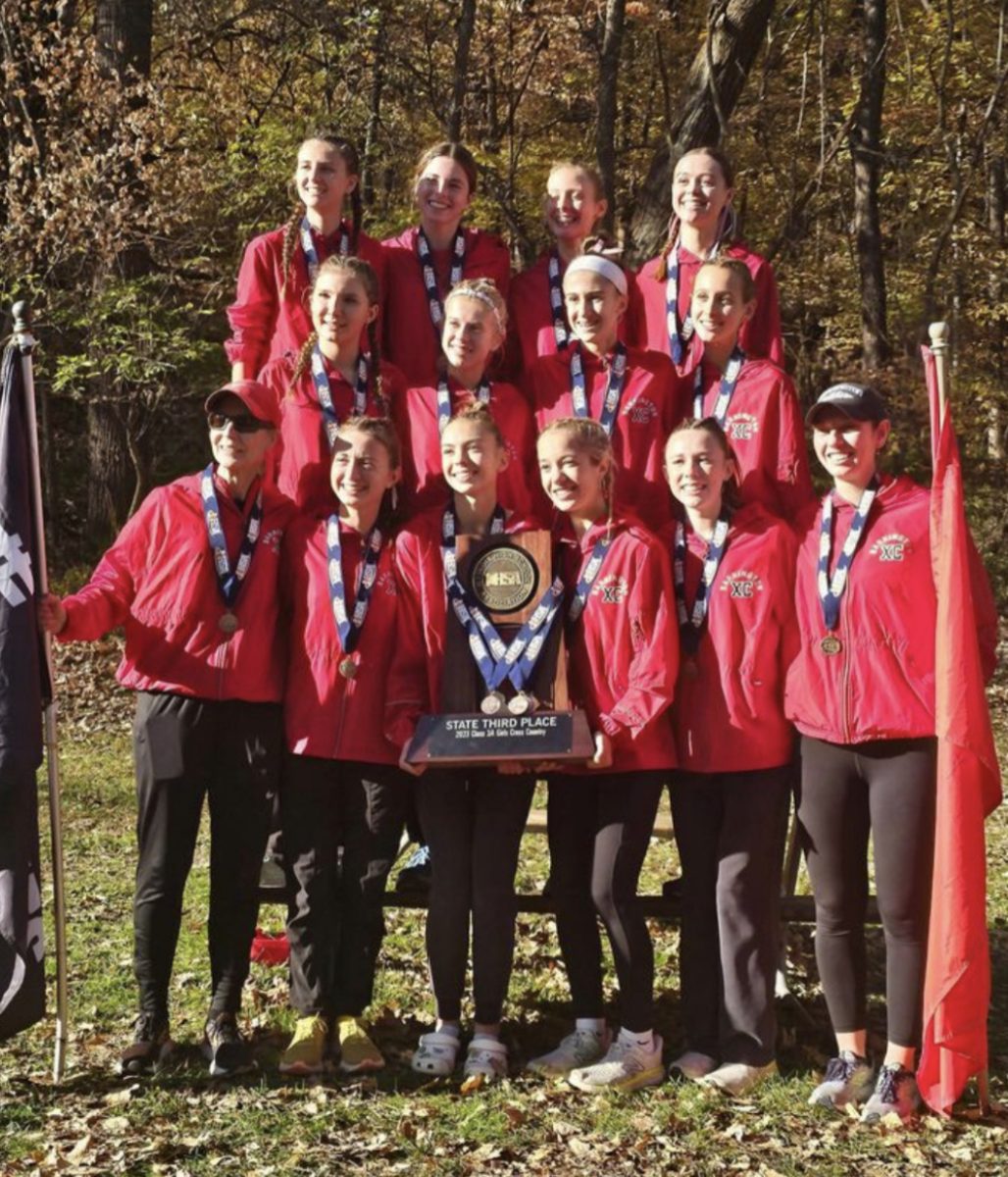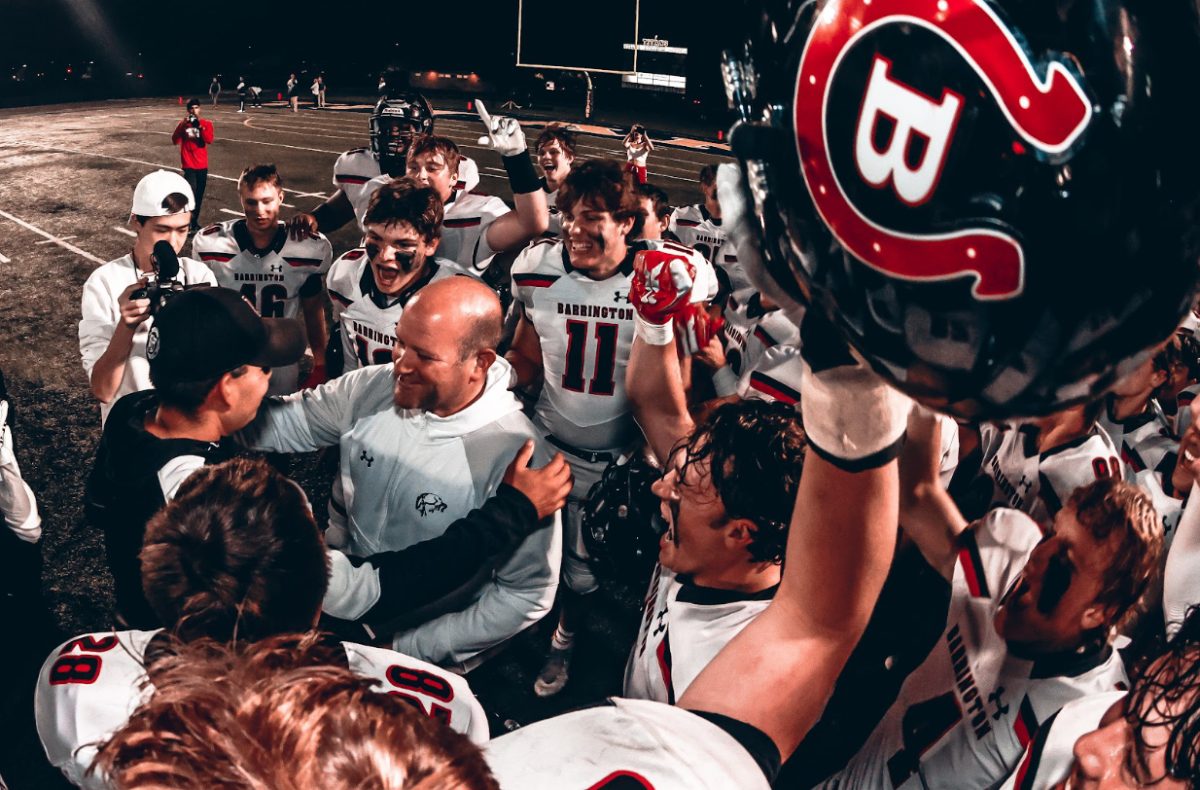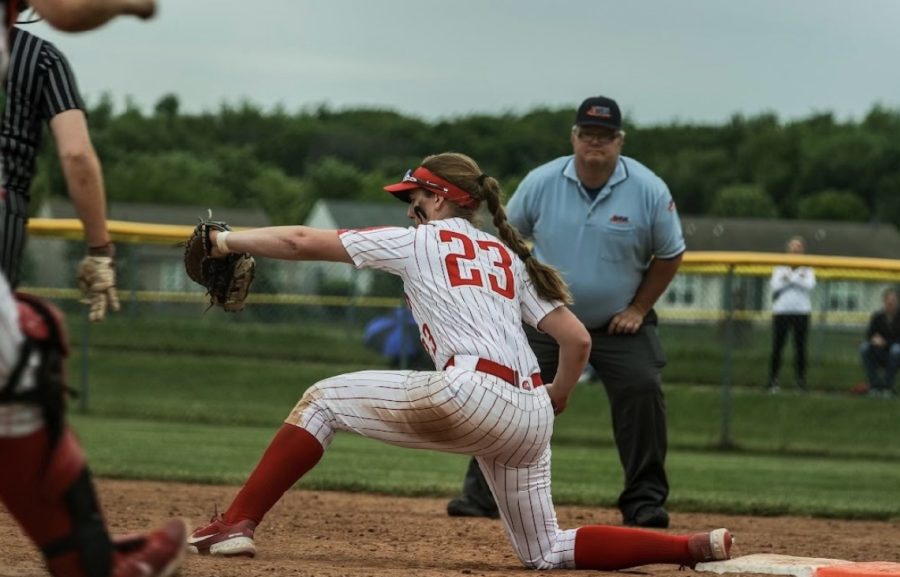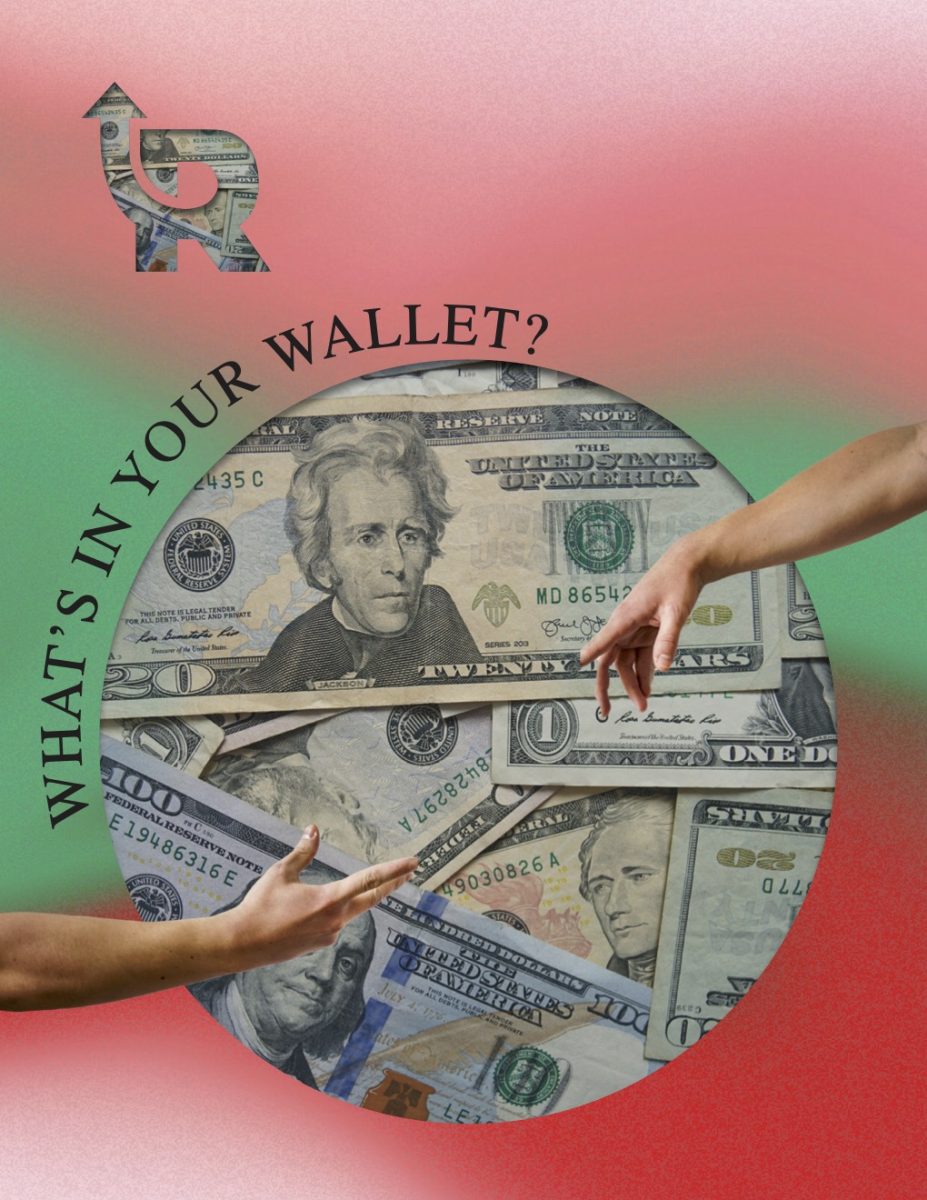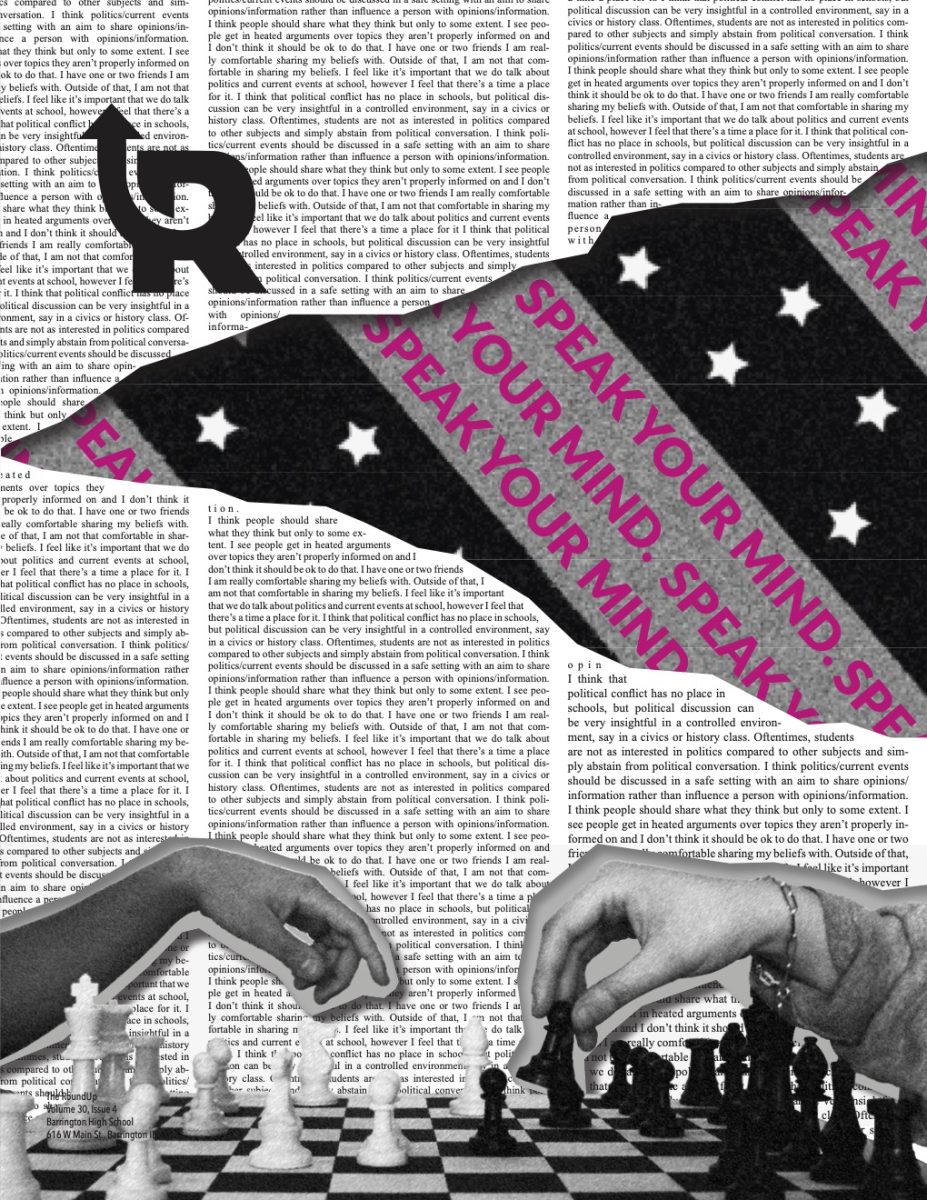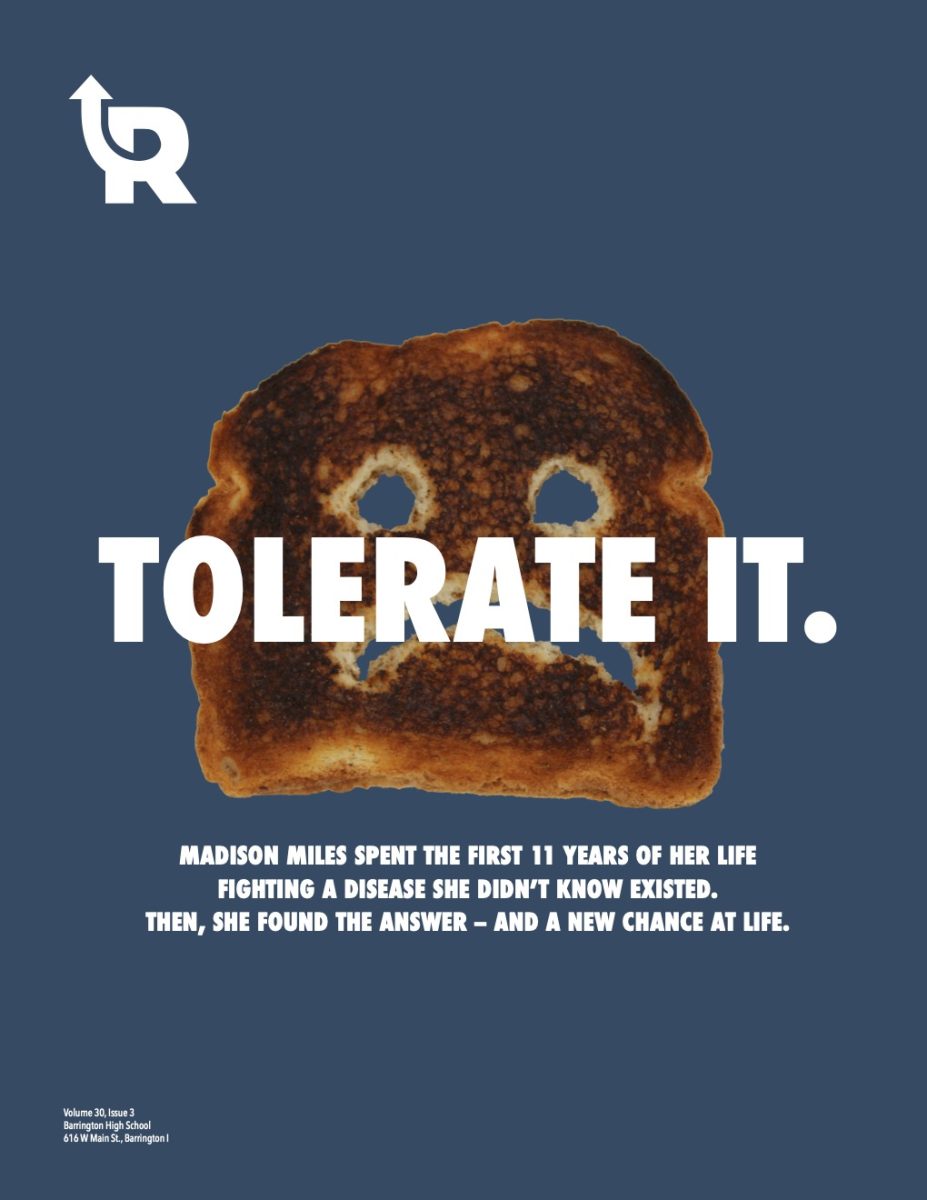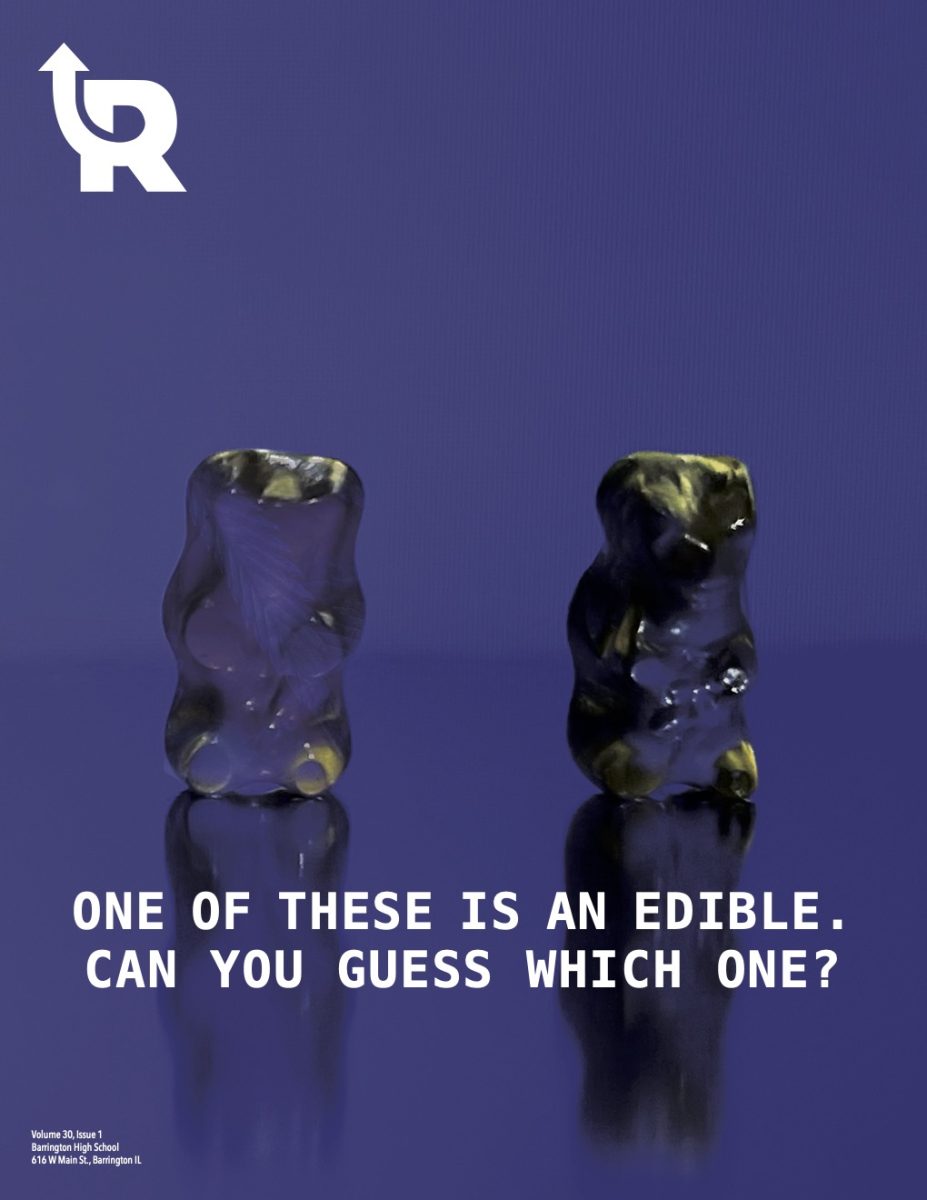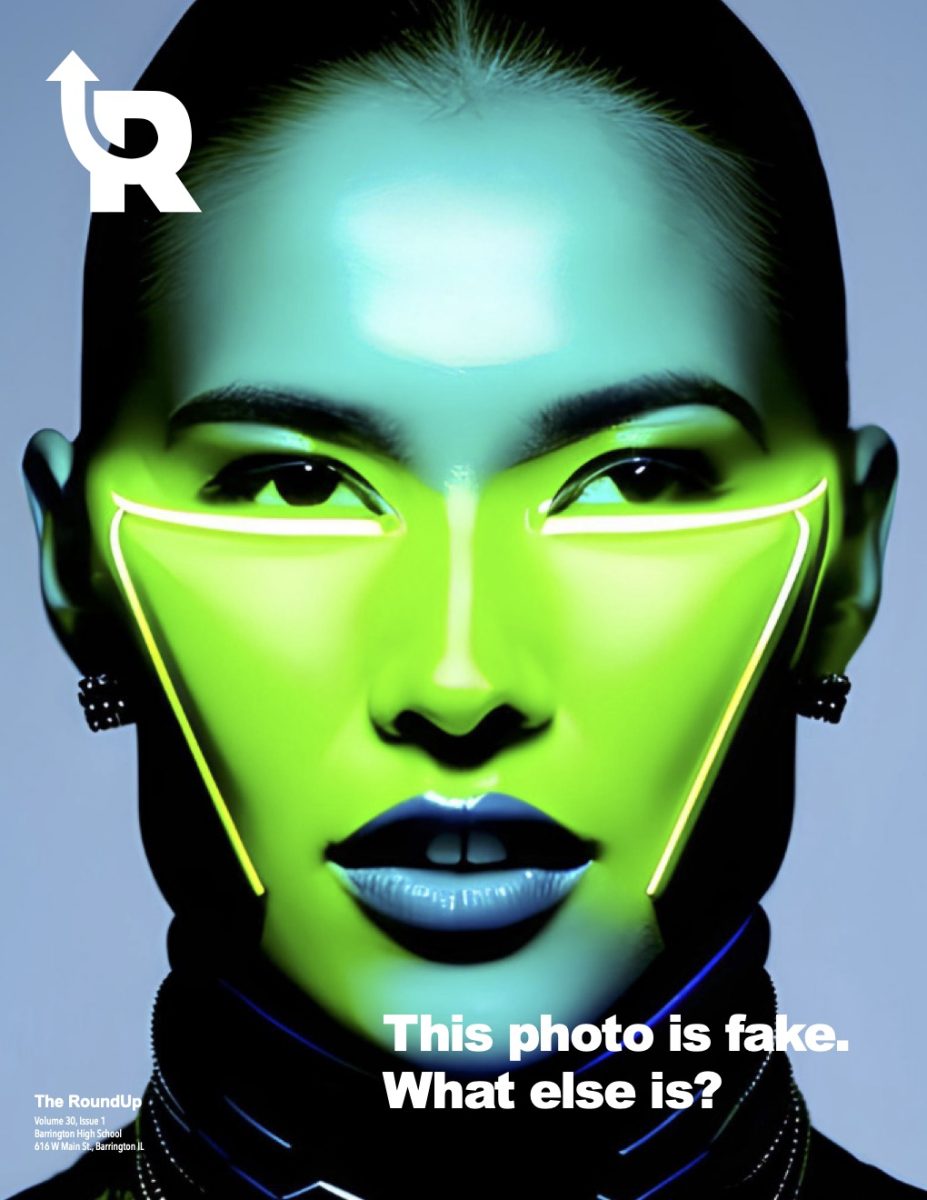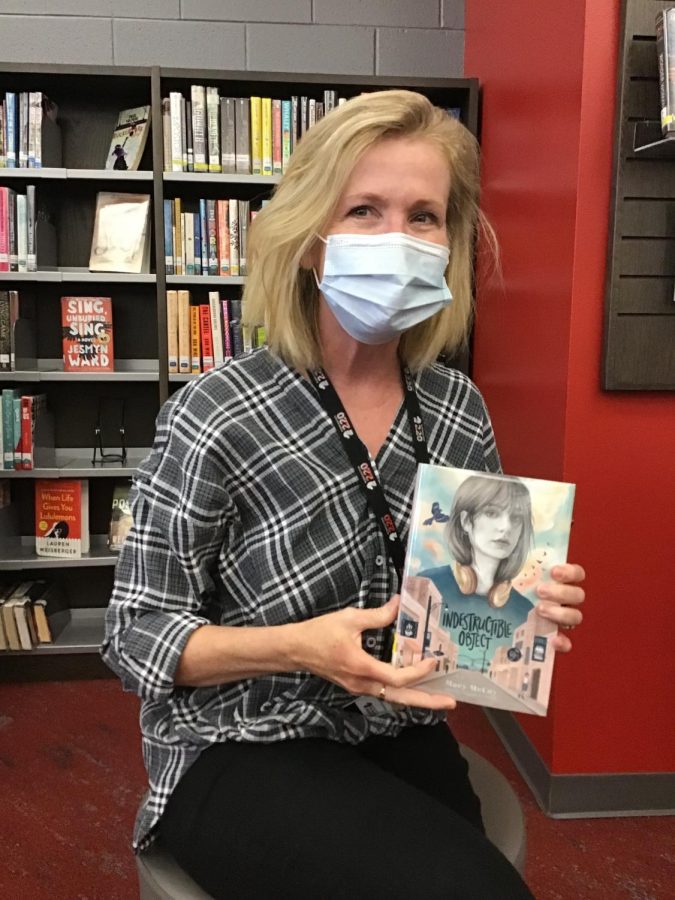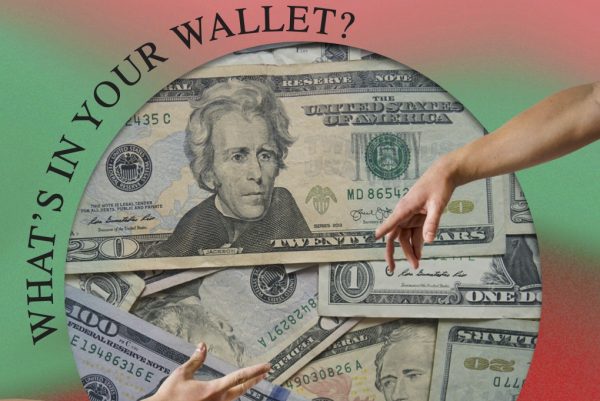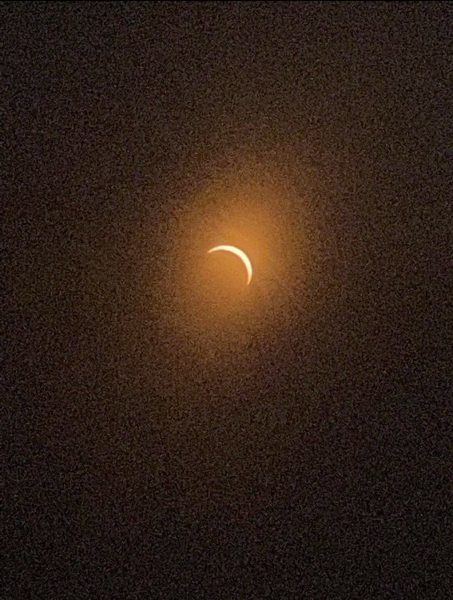Turning the pages: A conversation with Mrs. Anderson
People often believe that librarians are old, wear a tight low grey bun, and wear their readers at the tip of their nose. But librarian Janet Anderson is not that at all.
The strong and charismatic teacher-librarian has come a long way to be where she is today with students. Family life, educational experiences, and the love for reading is what makes Anderson whole. Barrington is her home and Anderson keeps that feeling alive by sharing her journey and love for Barrington.
Fosco: What’s your educational background? What college did you go to or what high school?
Anderson: Oh, gosh, okay, so I went to a very, very small high school, I grew up on a farm out in the middle of Illinois. And my graduating class was the biggest they’d ever had. And that was 52 people.
Anderson: And then from there, I went out to the University of Illinois, and I graduated there with a business degree. And then I worked out in the East Coast, and worked my way up to National Sales Manager for graphics peripheral corporation. So, you know, like the SMART Boards here, how you can write on them and stuff.
Fosco: Right.
Anderson: Our product was that background, so then I had my first daughter, my second, and my third. Eventually I wanted to go back to work. I substituted everywhere, I would be a first grade teacher one day and a calculus teacher the next day. And no matter where I went, I found teachers who were disgruntled with their job, but the librarians always loved their job. And I hadn’t even known that was a teaching contract. I thought ,“So it’s technology. And it’s books, and it’s working with kids. This is perfect.”
Anderson: So I went back and got my master’s in library science and a K through 12 teaching certificate. Who knew you had to do all that? Right? So that’s, that’s a very long tale tail.
Fosco: So when was the moment that you knew you had a passion for helping others, you know, and students.
Anderson: I think I wasn’t even thinking about it at first, like I was, I was just thinking, I should go back to work. So then I thought, well, if I’m gonna do something, I want to make it matter. So the moment it really kind of solidified for me was my, my dad passed away.
Anderson: And everyone who came through the receiving line was telling me what a difference he had made for them. And he wasn’t a teacher. But he was just a very kind and giving man and I thought, you know what? If I’m going to not be with my children. If I’m going to do this, something else, I want it to be for the good.
Fosco: Yeah, I feel like a lot of people go through really hard times to realize, you know, what they want to do and naturally what they’re really passionate about.
Fosco: What unique contributions have you added to the school?
Anderson: When I came here, we hadn’t been booktalking to students. We’d set books out for kids to see them only. I love to talk to kids about books. I’m passionate about trying to engage students and give them a hook so that they want to read a book. And so I started book talking, and then it became something where at the beginning of the school year, this place would be packed with multiple English classes. Pre-COVID, we could jam a few classes in here at once.
Fosco: I remember my own experiences.
Anderson: And I think a big thing for me is to get teachers reading. Then we get students reading. And this opens their minds to possibilities. And to being a more empathetic person. And that’s research-driven. I mean, there is so much research that proves that, when you read fiction stories, and you get to feel the stories of other people, you build your empathy. You literally don’t know what you don’t know. But then when you get involved in a book, you’re like, “Oh, my gosh.”
Fosco: It’s a journey with books. I mean, I love books. Personally, I did kind of a lot of reading over quarantine and stuff. And so I’m happy to hear that. But on the topic of that, I do see that you are a GSA faculty sponsor, and what made you want to take the position?
Anderson: I just asked an admin, “I don’t even know who the new sponsor is”. And they’re like, we don’t have one. And then they’re like, would you like to do it? I said,” I’m straight and I’m a middle-aged librarian. Is that really what you want?” So that’s how I got started as the GSA Faculty Sponsor. I did that for a couple of years by myself. I was overjoyed when Mr. Lane could join me as co-faculty sponsor. He is simply the best.
Anderson: I just want to talk to the kids about [books];I wanted them to see themselves in books. And I wanted them to know that we have books that have great character, that are award-winning books that are about them. And, and they’re not like a gay character who walked through the book on a random page, you know, I mean, like it actually is about them.
Fosco: Yeah, I mean, I’m a queer individual, myself. So,
Anderson: And you’re out?
Fosco: I am. Before I came out, I was very quiet, secluded, per se, kind of reserved to myself, but then I, once I came out, like I just can’t stop talking it feels really good.
Anderson: When did you come out?
Fosco: I came out June of 2020. So like during that summer, but quarantine. So I did some self realization during that. But it was interesting, and I don’t obviously don’t regret it at all. And I just I can’t really imagine what it would be like,
Anderson: If you were still closeted?
Fosco: Yeah, and if I wouldn’t have supportive people.
Anderson: But I think it’s, I think it’s important to not come out until you feel safe to come out. I think that, especially in high school, if you feel that your parents are not going to accept it, if that’s even a small possibility then you need to carefully consider what’s in your best interest. Parents and students are very stressed in high school. A bad reaction could be hard to live with until you graduate.
Fosco: But I also see that you are a part of several activities, such as, you know, green dot leader, a TEDx speaker, and several more, so like, which have been your favorite over the years and why?
Anderson: So I feel on the heels of three horrible rapes that have happened at three different colleges this fall where girls were allegedly roofied at fraternities…Green dot is important. It is 2021, and this is happening? Like we’re telling girls to walk around with sprays, and then telling young men, could you just not rape? So I think Green Dot was a big deal. It works to make people aware that YOU can be the person who helps someone out. You could be the person that stops things from escalating.
Fosco: You also talk to students about news literacy. Can you tell me more?
Anderson: I think people don’t know what they don’t know.
Fosco: Yeah, I feel like a lot of things are still very polarized you know where people really only see one side I mean that’s what past few years have all been about.
Anderson: How we get information is incredibly biased. You were fed a very unhealthy diet because you’re, you’re getting fed only what your browser and social media things you want to see. I have multiple accounts with different “personalities” so that I can see different stories. I want to see the conservative stories and the liberal stories. I want to see what everyone is getting fed, so that when someone throws an argument at me I can say that I’ve actually already fact checked that and I can see why you’re thinking that because you probably saw it on this website. And that’s not actually true/factual. And let’s talk about this more.
Fosco: What is a piece of advice you would give to the student body?
Anderson: The two things in life that I hear over and over if you want to be successful, and to get to where you want; First, work on your ability to speak. To be able to convey your thoughts effectively. And the second is to read, read, read, read.
Your donation will support the student journalists at Barrington High School! Your contribution will allow us to produce our publication and cover our annual website hosting costs.




